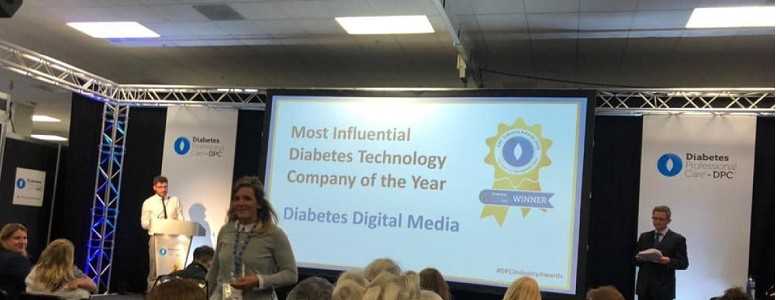The FreeStyle Libre will be prescribed to everyone with type 1 diabetes who qualifies for the technology from April 2019, NHS England has confirmed.
The announcement, made on World Diabetes Day, comes on the back of a report which found some people across the country are being denied access to the FreeStyle Libre. The report found that around a quarter of clinical commissioning groups (CCG) in England have not been recommending the device for those who are eligible.
Now, this new NHS decision could make the FreeStyle Libre available to tens of thousands more people with type 1 diabetes, providing they are eligible.
The FreeStyle Libre, a wearable system which is used by Prime Minister Theresa May, provides continuous glucose monitoring and enables fewer finger prick tests. It was made available on the NHS a year ago.
Since its launch there have been complaints of “postcode lottery” access to the device, with only 3-5% of people with type 1 diabetes in England having access despite 20-25% being eligible.
People who are not eligible for the Libre currently have to self-fund their access to the technology.
The decision to increase availability from April 2019 coincides with new funding growth for local health groups. A total of 144 of 195 CCGs have currently signed up to the plan, but new funding will allow access throughout all 195 CCGs in England.
It is now hoped tens of thousands more people with type 1 diabetes will be offered the device, benefitting a target of around a quarter of people with the condition.
Karen Addingto, Chief Executive of type 1 diabetes charity JDRF, said: “This should end the inequality of people being refused access to this life-changing type 1 diabetes technology depending on where they happen to live.”
Health Secretary Matt Hancock said: “Rolling out these monitors will not only make life more convenient, it will save the NHS time and resources by preventing people becoming ill in the first place.
“I want to see innovations like these become commonplace in our healthcare system so millions of people across the country stay out of hospital and can get on with their lives.”




